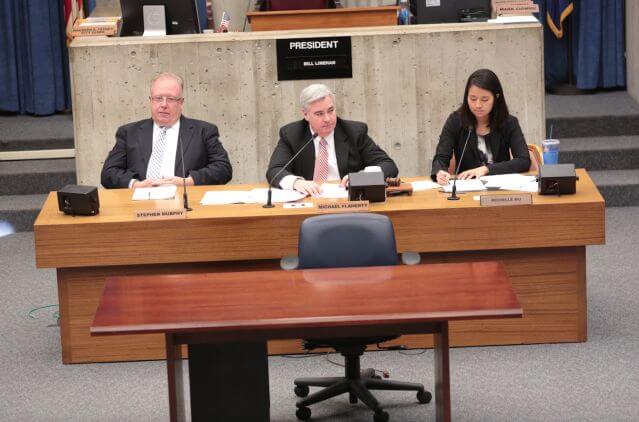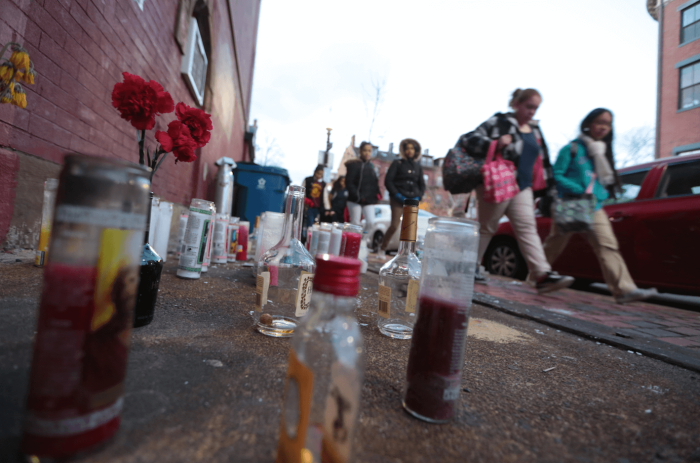Three weeks into the 2.0 phase of the Boston 2024 Olympic Bid, CEO Rich Davey credits the skeptics and critics of the plan to bring the Games to Boston for the improvements the second round of planning. Questions about funding, security and how the T could avoid international embarrassment have upped the bar, and will continue to hound Boston 2024 until the International Olympic Committee gives the Commonwealth the OK to light the torch. “We’re not afraid of the criticism and the feedback; it helps us,” Davey said. “I’ve met with No Boston Olympics on many occasions and I tease them and call them Maybe Boston 2024 because they may be open to the idea of hosting the games but have valid concerns we are working to address.” The bid, in the eyes of supporters, takes a bigger bite out of core issues: budgeting, community engagement, risk mitigation and the potential benefits Boston and other host cities might see.
“These games could bring tens of thousands of new jobs to the area, 8,000 new housing units in Boston alone, improvements to our green spaces and will be done without taxpayer dollars,” Davey said. It is no secret that the country’s fourth busiest subway system is in dire need of improvements.
“As a citizen of Boston using the T like an average Joe, it’s pretty clear that there are improvements to be made,” said Dr. Cheri Blauwet, a three-time Paralympian and two-time Boston Marathon winner. “Things work well when we have a perspective of deadlines. I think we might get there in a smoother fashion if we have several groups working towards a common goal.” The plan notes a 10 percent drop in T ridership during the summer months with the exodus of college students and people with summer homes. The T is also planning to build new Red and Orange Line cars and to revamp the power signals for the Red and Green Line. Davey said the vision includes running enough power to run three-car trains on the infamously loathed Green Line. Operating with a $200 million surplus, Boston 2024 promises that snafus like the temporary-turned permanent stadium in London, with its $350 million price tag, won’t happen here.
“We are making sure we make decisions today and sticking to them,” Davey said. “This is a private enterprise, so we’re on the hook for this. We’ll hire master developers who will be on the hook to make deadlines properly with insurance incase they run into financial issues.” The prospect of leaving a positive legacy once the games left town is something both Davey and Blauwet said is as high a priority as hosting the games themselves.
“People who are afraid of the unknown should look into our transparentlayout,” Davey said. “There’s nothing like crisis for opportunity. We’ve had a lot of crisis in transportation of late and with this plan, we intend to do 50 years of improvements in 10.”


















